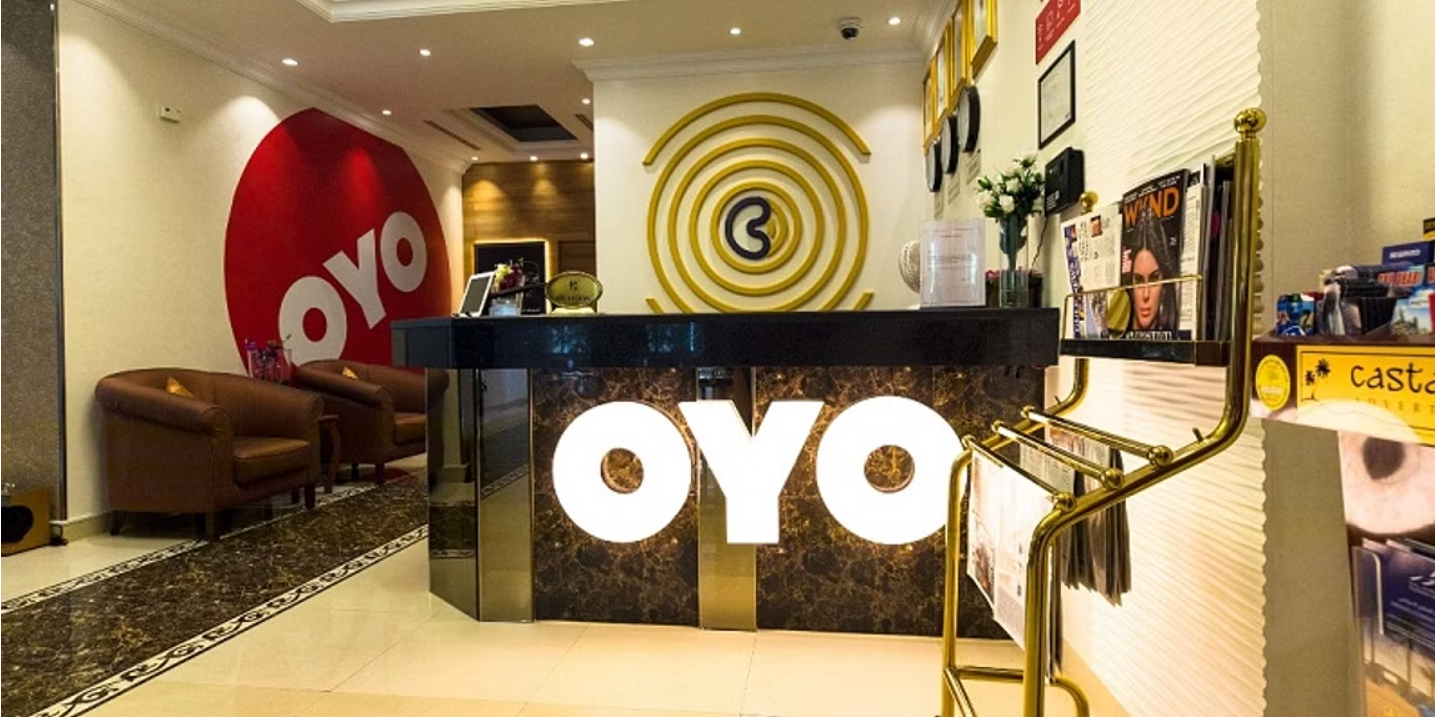5 things entrepreneurs can learn from stand-up comedians
Stand-up comedy is inarguably one of the most difficult performance art forms. Day after day, week after week, month after month, one has to keep finding novel yet relevant material, constantly improvising their art and stand in front of fresh and critical audience of over a hundred, every single time without having the slightest hint of what they'll eventually take away – will they like it? Even if they do like it, will they come back again or at least refer their friends? Will they be cynical of the performance? If so, how badly will they talk about it?

Yes, life of a stand-up comedian is hard. They are the creators, performers, and the receivers – in charge of their own destiny, no one to rescue them, and always finding their own way to succeed. Isn't entrepreneurship similar to stand-up comedy? Indeed, it is. There are unanticipated problems with no silver bullet solutions, pressure from the investors to make profits, media scrutinising every move – and as an entrepreneur, one has to deal with ALL this and much more!
While there’s the world out there to learn from, let’s take a leaf or two from the lives of stand-up comedians. Here are the five definitive things entrepreneurs can learn from stand-up comedians.
- Keep practicing – Jerry Seinfeld, one of the greatest comedians of our times, is a testimony of remarkable consistency and entertainment of an incredibly high standard. In an interview with NY times, Jerry recollects an article he read that changed his life. He says, “I read an article a few years ago that said when you practice a sport a lot, you literally become a broadband: the nerve pathway in your brain contains a lot more information. As soon as you stop practicing, the pathway begins shrinking back down. Reading that changed my life. I used to wonder, why am I doing these sets, getting on a stage? Don’t I know how to do this already? The answer is no. You must keep doing it. The broadband starts to narrow the moment you stop.” He further says, “The way I figure it out is I try different things, night after night, and I’ll stumble into it at some point, or not. If I love the joke, I’ll wait. If it takes me three years, I’ll wait.” So how does Jerry keep practicing? His ‘Seinfeld strategy’ is essentially to write every day and once he does, he would put a big red X over that day on a wall calendar that he could prominently see. The idea is to have a chain and then grow it. He says, "You'll like seeing that chain, especially when you get a few weeks under your belt. Your only job is to not break the chain." In this chain, results never mattered. What mattered is to keep trying, to not break the chain.
Also read: ‘They booed me off the stage many a time, but I stood my ground’: Praveen Kumar
- Value and incorporate feedback – Feedback in stand-up comedy is so instantaneous. If a joke gets big laughs, the comedian is on their way to a stellar show. But if a joke flops, the real challenge is to improvise on it there and then. In entrepreneurship as well, if people stop appreciating your product or offering, it's important to take notice and course-correct in a timely fashion.
- Love your customers – For a stand-up comedian, the real measure of success is how well the audience reacts to the show. Similarly, for entrepreneurs it’s essential to have customer experience at the core of everything. Unless, customers’ aren’t getting something valuable as opposed to other competitors, there are little chances that a startup will succeed. US-comedian John Oliver is a great example of this. According to Dannagal Young, who teaches satire and psychology of political humour at the University of Delaware, "His power is in his ability to be playful, make the citizen feel smart, bring attention to things they perhaps haven't paid attention to before, and give them credit for doing it." And rightfully so. His HBO comedy news programme is a testimony to this. The show has indeed had an actual impact on the world with his audience taking centre-stage. For instance, in 2014, when Oliver compared FIFA's ill-treatment of migrant workers to organised religion, he emphasised that change wouldn't be possible unless the then president Sepp Batter steps down. And eventually, that did happen with Blatter announcing his resignation rather suddenly. In another instance, his show revealed how Miss America Organization is the world’s largest provider of scholarships, leaving many worthy organisations such as Society of Women Engineers scraping for donations. In just two days following the show, this organisation had donations of $25,000! By interacting with his audiences and empowering them to make the right choices, Oliver has indeed managed to get it right, all the time!
Related read: Do standup only if you love comedy and stand up for nothing else – Kenneth Sebastian
- Take risks – While it’s easy to play safe, the charm is to see the wonders by taking risks. Stand-up comedian and actor Vir Das's show 'Unbelievablish' is a fine example of that. While the others were busy trying to make their mark in metropolitan cities, Vir decided to spread his magic in small-towns in India, such as Coimbatore, Chandigarh, Jaipur, Kochi, and Chandigarh, for his 11-city tour. The result? Unbelievablish was India's largest stand-up comedy tour ever by a comedian and had over 35,000 tickets were sold! His risk to venture in to smaller cities indeed paid off. While of course he introduced this population to stand-up comedy, he also set benchmarks for other artistes by taking the unconventional route.
- Above all, believe in yourself – Mumbai-based stand-up comedian Aditi Mittal, who's considered to be an important voice in the comedy circuit, today didn't have it easy. She totally bombed at her first event, a break that was offered to her by British comedy entrepreneur and CEO of Comedy Store, Don Ward. It took Aditi a year to refine her art, to be confident of herself. And when she was, she reached out to Ward who didn't take her calls. But Aditi, didn't give up. She believed in her new-found self and took a risk – she shot a video of herself and spammed Ward’s inbox till he actually called her. The result – eight back-to-back spots at the Store and a road to perform with some of the world’s greatest stand-up artistes. If it wasn’t for the belief she had in herself and her art, who knows, how long it would have been for the nation to take notice of Aditi Mittal.
Read more: ‘For the first 25 times on stage I got more silence than laughter’: Sanjay Manaktala
So, entrepreneurs, while these are just a few lessons, we are sure if you start indulging in stand-up comedy, you would help us with many more!
The photograph used in this article is courtesy www.standupplanet.org











